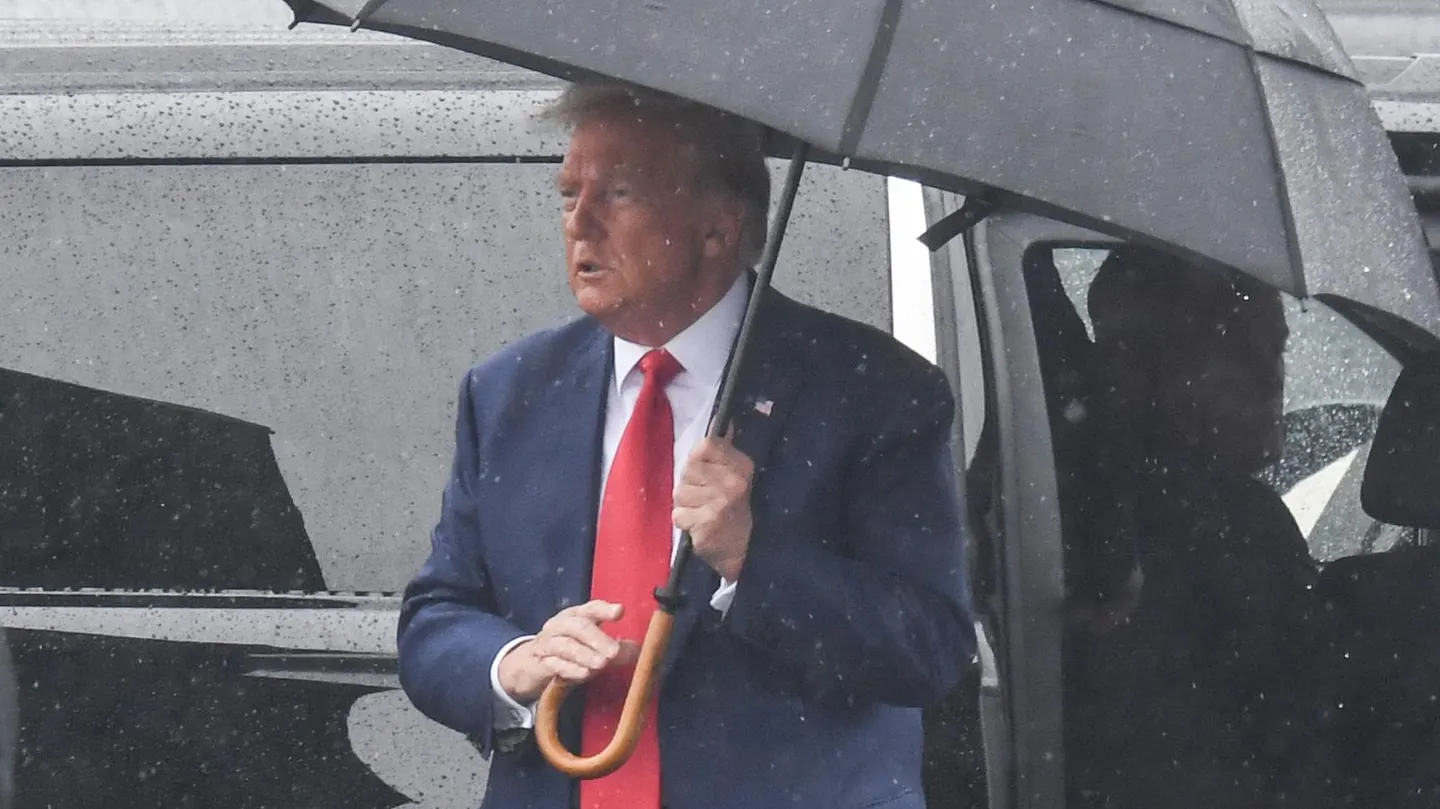- Home
- Billionaires
- Investing Newsletters
- 193CC 1000
- Article Layout 2
- Article Layout 3
- Article Layout 4
- Article Layout 5
- Article Layout 6
- Article Layout 7
- Article Layout 8
- Article Layout 9
- Article Layout 10
- Article Layout 11
- Article Layout 12
- Article Layout 13
- Article Layout 14
- Article Sidebar
- Post Format
- pages
- Archive Layouts
- Post Gallery
- Post Video Background
- Post Review
- Sponsored Post
- Leadership
- Business
- Money
- Small Business
- Innovation
- Shop
Recent Posts
Federal Judge Hints at August Trial Start for Trump’s Election Interference Case Amidst Ongoing Legal Battles

In a significant development in the legal saga surrounding former President Donald Trump’s alleged election interference, the federal judge presiding over the case hinted at the possibility of a trial commencing in August. As reported by Politico, the trial’s timeline has been subject to delays, primarily due to ongoing legal battles over Trump’s assertion of “presidential immunity.”
The case, which has garnered nationwide attention, revolves around allegations of Trump’s involvement in election interference during his tenure as president. These allegations have sparked intense debate and scrutiny, underscoring the critical intersection of law, politics, and democracy.
Amidst the backdrop of contentious legal maneuvering, the latest revelation from the federal judge overseeing the case sheds light on the potential trajectory of Trump’s legal predicament. The prospect of a trial starting in August underscores the gravity of the accusations and the urgency to address them within the legal framework.
The focal point of the legal dispute lies in Trump’s claim of “presidential immunity,” a defense strategy that has been vigorously contested by legal experts and opposing counsel alike. This assertion hinges on the argument that a sitting president is shielded from civil litigation and criminal prosecution while in office, a notion that has historically generated debate and interpretation within the legal community.
The appeals court’s deliberations on the issue of presidential immunity represent a crucial juncture in the case’s progression. The outcome of these deliberations will undoubtedly shape the parameters of the trial and influence the legal strategies employed by both parties.
Furthermore, the looming specter of the upcoming election year adds an additional layer of complexity to the proceedings. With political dynamics inherently intertwined with legal proceedings, the timing of the trial assumes heightened significance, potentially impacting public perception and electoral outcomes.
The August trial timeline raises questions about the potential implications for Trump’s political ambitions and legacy. As a former president seeking to maintain influence within the political landscape, the outcome of the trial could have far-reaching ramifications for Trump’s future endeavors and his standing within the Republican Party.
Moreover, the trial’s proceedings are poised to attract widespread media attention, further amplifying the scrutiny surrounding Trump’s actions and their alleged impact on the democratic process. The intersection of law and public perception underscores the broader societal implications of holding elected officials accountable for their actions, irrespective of their political stature.
Against the backdrop of a deeply polarized political climate, the trial represents a litmus test for the resilience of democratic institutions and the rule of law. The impartial adjudication of allegations against a former president underscores the foundational principles of justice and accountability that underpin the American legal system.
As the legal battle continues to unfold, stakeholders across the political spectrum remain vigilant, cognizant of the precedent-setting nature of the case and its potential ramifications for future generations. The pursuit of truth and justice remains paramount, transcending partisan divides and reaffirming the enduring values of democracy and the rule of law.
In conclusion, the federal judge’s indication of a potential August trial start for Trump’s election interference case marks a significant development in the ongoing legal saga. Against the backdrop of contentious legal battles and political scrutiny, the trial assumes heightened significance, underscoring the intersection of law, politics, and democracy in the pursuit of accountability and justice. As the legal proceedings continue to unfold, the nation watches with bated breath, mindful of the broader implications for democratic governance and the rule of law in the United States.
Recent Posts
Categories
- 193cc Digital Assets2
- 5G1
- Aerospace & Defense48
- AI37
- Arts3
- Banking & Insurance11
- Big Data3
- Billionaires928
- Boats & Planes1
- Business332
- Careers13
- Cars & Bikes79
- CEO Network1
- CFO Network17
- CHRO Network1
- CIO Network1
- Cloud10
- CMO Network18
- Commercial Real Estate7
- Consultant1
- Consumer Tech194
- CxO1
- Cybersecurity73
- Dining1
- Diversity, Equity & Inclusion4
- Education7
- Energy8
- Enterprise Tech29
- Events11
- Fintech1
- Food & Drink2
- Franchises1
- Freelance1
- Future Of Work2
- Games149
- GIG1
- Healthcare79
- Hollywood & Entertainment203
- Houses1
- Innovation46
- Investing2
- Investing Newsletters4
- Leadership65
- Lifestyle11
- Manufacturing1
- Markets20
- Media195
- Mobile phone1
- Money13
- Personal Finance2
- Policy569
- Real Estate1
- Research6
- Retail1
- Retirement1
- Small Business1
- SportsMoney42
- Style & Beauty1
- Success Income1
- Taxes2
- Travel10
- Uncategorized12
- Vices1
- Watches & Jewelry2
- world's billionaires897
Related Articles
Navigating Uncertainty: Preparing for a Potential TikTok Ban
As 2024 draws to a close, creators and brands are preparing for...
By 193cc Agency CouncilDecember 31, 2024Critically Acclaimed 2024 Films Struggle at the Box Office
The year 2024 proved to be a mixed bag for the film...
By 193cc Agency CouncilDecember 26, 2024Netflix Secures 2027 and 2031 Women’s World Cup Rights
Netflix has clinched an exclusive streaming deal for the next two FIFA...
By 193cc Agency CouncilDecember 20, 2024Meta Fixes Facebook, Instagram, WhatsApp Outages
Meta, the parent company of Facebook, Instagram, and WhatsApp, faced significant outages...
By 193cc Agency CouncilDecember 12, 2024















Leave a comment